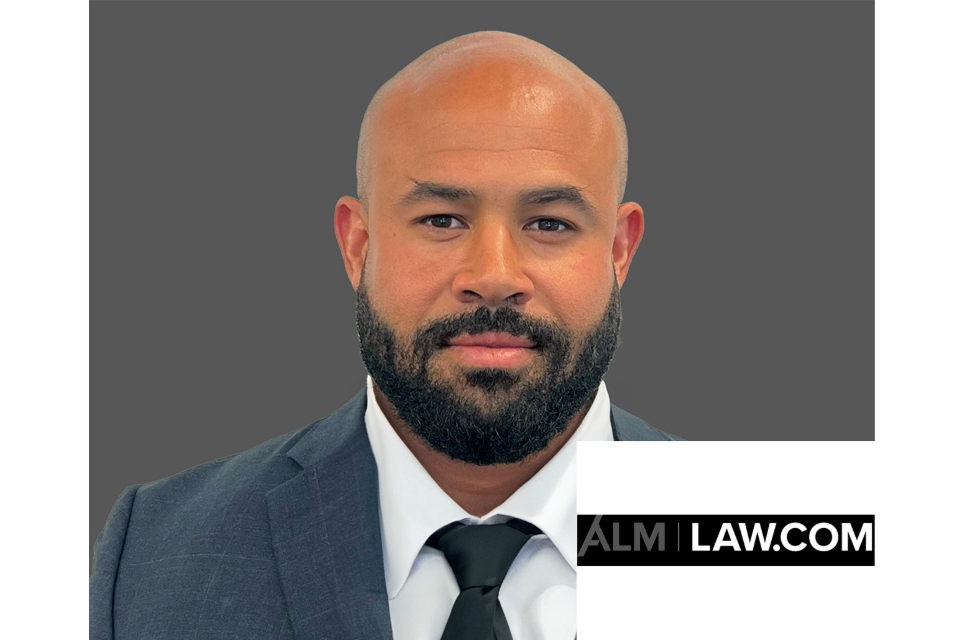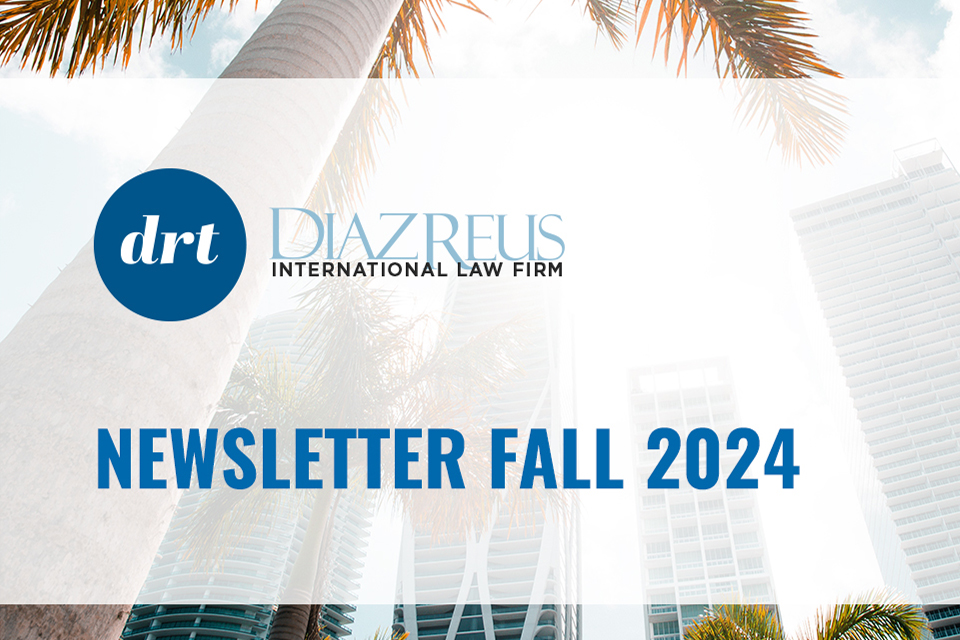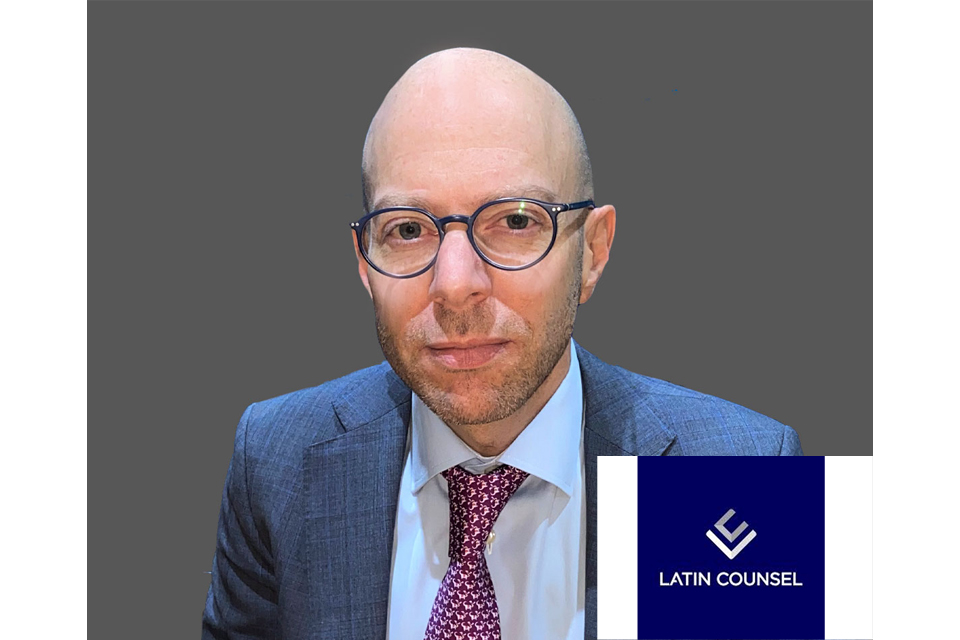Economic and political instability, nationalization, increasing government intervention, and restrictive legal framework has made Venezuela’s investment climate considerably less welcoming as compared to the past. This article examines the current challenges for foreign investment in Venezuela. It also provides an update on Mobil Corporation and others v. Bolivarian Republic of Venezuela, in which an International Centre for the Settlement of Investment Disputes («ICSID») tribunal considered whether it had jurisdiction over certain claims and, in particular, whether the defendant had consented to ICSID arbitration. The case is of great interest to foreign investors with investments in Venezuela during the current period of economic and political instability.
Foreign direct investment (“FDI”) in Venezuela has been lower in recent years in comparison to a majority of Latin American nations. This decline is attributed to Venezuela’s economic and political instability, nationalizations, increased government intervention in the economy, and restrictive legal framework. The Central Bank of Venezuela has reported that FDI in Venezuela decreased by 1.5 billion dollars from January to September, 2010, following a decrease of approximately 3.1 billion dollars in 2009.
The declining investment climate began in 2009 given the increased political uncertainty and decrease in oil prices. However, foreign investors maintained their investments in the country hoping that the economic environment would recover. Important developments in 2010 and 2011, including the devaluation of Venezuela’s official exchange rate, continued banking interventions, and the nationalization of assets in the petroleum, alternative energy, and banking sectors have led economists to forecast a long-lasting recession for Venezuela.
In theory, Venezuela’s legal framework for foreign investment is a “liberal” one. Under Venezuelan law, both foreign and domestic companies receive equal treatment. However, in sectors such as hydrocarbons or media entertainment, the law requires that either the Venezuelan state or nationals be majority owners. For example, in 2010, Venezuela enacted the “2010 Insurance Activity Law” requiring half of the board of directors of any Venezuelan company to be Venezuelan nationals or residents.
Foreign investors must also be aware that the judiciary is highly politicized and is often influenced by the executive branch. Even though Venezuela’s legal system is open to foreign investors seeking to resolve investment disputes, the system can be corrupt and manipulated by the executive branch. For this reason, foreign investors regularly select arbitration to govern their disputes. Pursuant to Decree 2095, arbitration of disputes is allowed under Venezuelan law. The Commercial Arbitration Law of 1998 eliminated the past requirement for judicial approval of arbitration. Thus, arbitration agreements are automatically binding. Venezuelan law also permits state-based companies to be subject to arbitration in contracts with foreign parties. Notably, Article 22 of Venezuela’s Foreign Investment Law may provide Venezuela’s consent to the International Centre for the Settlement of Investment Disputes (“ICSID”). However, the Venezuelan Supreme Court, while acknowledging that there is a fundamental right to arbitration, has held that any state-based companies must still formally consent to ICSID jurisdiction.
In a notable ruling rendered on June 10, 2010, the ICSID issued a jurisdictional decision in Mobil Corporation and Others v. Bolivarian Republic of Venezuela (ICSID Case No. ARB/07/07/27, June 10, 2010). The ICSID rejected the investors’ argument that Article 22 can be used to establish ICSID jurisdiction. However, the ICSID ruled that it did have jurisdiction to arbitrate the case under the Dutch-Venezuelan Bilateral Investment Treaty.
In 2007, Mobil submitted a request for arbitration to the ICSID against Venezuela claiming that the compensation offered by the Venezuelan government for the nationalization of Mobil’s petroleum investments was inadequate. Venezuela argued that the ICSID lacked jurisdiction over the case. First, Venezuela argued that Article 22 did not provide a clear consent to arbitrate the dispute, as required by the ICSID Convention. Second, Venezuela argued that the Netherlands-Venezuela Bilateral Investment Treaty did not provide a basis for jurisdiction because the treaty did not apply to the non-Dutch subsidiary, and even if it did, Mobil’s corporate restructuring in anticipation of litigation was improper since the subsidiary was created for the purpose of obtaining access to the ICSID.
The ICSID found that there was insufficient evidence to hold that Article 22 consents to ICSID arbitration in the absence of a bilateral treaty. However, the ICSID rejected Venezuela’s second argument that the Bilateral Investment Treaty did not apply to non-Dutch subsidiaries by relying on the text of the Netherlands-Venezuela Bilateral Investment Treaty. The ICSID also held that Mobil’s restructuring was legitimate because Mobil notified Venezuela of the restructuring and Mobil’s goal of protecting its investment by gaining access to the ICSID arbitration was a legitimate goal. However, the ISCID’s jurisdiction over the case was limited to the disputes arising after the corporate reorganization took place.
The Mobil decision is of great importance to foreign investors in Venezuela. This decision allows investors a means of securing their rights during Venezuela’s current economic and political unrest and the recent waves of expropriations. The decision also serves as protection against a sudden expropriation of assets without fair compensation, by providing an opportunity for impartial and efficient arbitration proceedings.


















































































![Especial abogados Salón de la Fama[61] 4](https://diazreus.com/wp-content/uploads/2023/06/Especial-abogados-Salon-de-la-Fama61-4-2-pdf.jpg)





























































































































































































